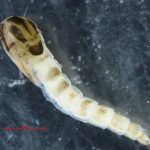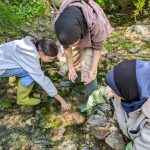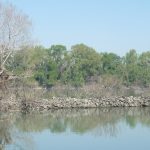- The IMBE
-
-
L’IMBE
The Mediterranean Institute of Biodiversity and Marine and Continental Ecology
-
-
- Research
-
-
Research
IMBE's research is structured around 5 transversal thematic axis and 8 research teams
-
- Thematic axis
- Research teams
- PAHIS - Paleoecology and Historical Ecology
- BEEM - Molecular Biology, Evolution, & Ecology
- EECAR - Ecology, Ecotoxicology & Chemistry applied to Agroecology and Restoration
- POPCO – Populations, Ecosystems, Communities & Conservation
- ECOSOM - Functional Ecology: From Socio-Ecological Systems to Molecules
- SANTES – Environmental Health and Toxicology
- CHIPS - Chemometrics, Experimental Design, Expert Systems
- NEMO - Nature, Marine Ecology, and Oceans
-
-
- Facilities
-
-
Facilities
IMBE organizes its operational facilities around 5 technical departments
-
-
-
- Training
-
-
Training
Training is, of course, the courses offered at the University (L, M, D) but also training through research (internships).
-
-
-
- Communication
-
-
Communication
The dissemination of our scientific results is at the heart of our mission: it enables us to share and make research advances accessible to a wider audience. In addition to publications in specialist journals, the IMBE deploys a wide range of resources to popularise knowledge and make it understandable and attractive to a wide range of audiences. Through concrete actions and innovative tools, we are committed to bringing science closer to everyone, in order to establish an ongoing dialogue between science, research and the general public, especially young people.
-
-
- IMBE TV




